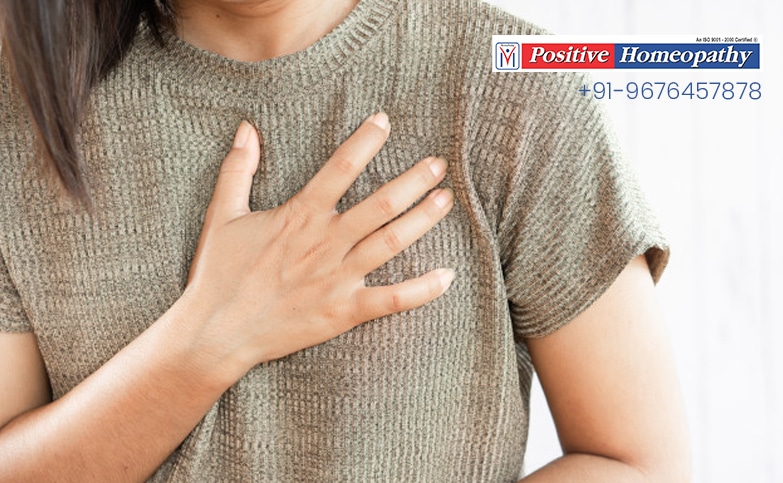What is Ulcerative colitis ?
Ulcerative colitis, UC, is one of the two major types of Inflammatory bowel disease(IBD). It is an immune-mediated intestinal disease of chronic nature.
Who suffers from Ulcerative colitis?
UC is commonly found more in males than females and it is prevalent in the age group of 20’s to 40’s and after 70’s. It is also noticed that people living in urban areas are more affected with Ulcerative colitis than those living in rural areas. While, high socioeconomic classes seem to be more sufferers with UC than lower socioeconomic classes.
What are the risk factors in the development of Ulcerative colitis?
There are certain environmental factors and lifestyle activities which seem to pose a risk in the development of Ulcerative colitis in some and not in some others. Such factors are smoking, oral contraceptive use, previous appendectomy, antibiotic overuse in children. Diets rich in oils, sweets, animal protein, sugars, might increase the risk of Inflammatory bowel disease which includes Ulcerative colitis.
What causes Ulcerative colitis ?
Ulcerative colitis is caused by environmental factors and genetic predisposition which impact the homeostasis. A homeostasis is the normal phenomenon which occurs in the body with the harmony between the microorganisms, interstitial epithelial cells and the immune cells.
What happens in Ulcerative colitis?
In patients with Ulcerative colitis, the immune response is inappropriate to the microorganisms of the intestine Normally , the immune response is in relation to the commensal or infective microorganism. There may be a component of autoimmunity associated with Ulcerative colitis.
Usually Ulcerative colitis involves the lower part of large intestine, the rectum and colon. The disease is limited to rectum mostly, but it also extends in some individual to affect part of colon or total colon.
In the initial stages, the intestinal mucosa becomes erythematous and granular. With severity, the mucosa turns hemorrhagic, swollen and ulcer formation starts. When Ulcerative colitis becomes chronic and a long-standing disease, polyps may be present and the mucosa appears atrophic with the colon getting narrowed and shortened. In extreme cases, the colon walls get thinner , the mucosa is severely ulcerated and could endanger perforation.
What are the symptoms of Ulcerative colitis?
It should be remembered that the severity of the symptoms depend on the extent and progress of the disease. The symptoms of Ulcerative colitis are diarrhoea, bleeding per rectum, mucus discharge, tenesmus and crampy abdominal pain.
The bleeding is either fresh blood or blood-stained mucus. . It is either mixed with stool or streaked onto the surface of normal or hard stool.
The patients also complain of tenesmus, urgency to pass stools and a sensation of bowels incompletely evacuated.
All the above symptoms of Ulcerative colitis increase with the severity of disease, ranging from bloody diarrhoea, liquid stool with pus, mucus and blood, nausea , vomiting, weight loss and fever.
On physical examination, the anal canal appears tender .
How is Ulcerative colitis diagnosed?
The diagnosis of Ulcerative colitis mostly depends on patient’s history and the nature of symptoms. Otherwise C-reactive protein(CRP) , platelet count, Erythrocyte sedimentation rate(ESR) are the haematological tests done in the diagnosis of Ulcerative colitis. Decrease in haemoglobin (Hb) is also a factor. Fecal lactoferrin and Fecal calprotectin levels are done to rule out irritable bowel disease. Colonoscopy is done to assess extent and progress of disease.
What are the complications of Ulcerative colitis?
Very few patients develop complications due to Ulcerative colitis. Massive bleeding in severe form of disease may require blood transfusion and in such cases colectomy is indicated.
Toxic megacolon is one of the complications in which the diameter of the transverse or right colon is more than 6 cm due to electrolyte imbalance and excessive drugging.
Development of anal fissures, perianal abscesses and hemorrhoids are occasionally seen in Ulcerative colitis patients.
Perforation is the severest form of complication which could lead to acute peritonitis and death in 15% of the patients.
Stricture formation is another complication of Ulcerative colitis which could be benign or due to possibility of cancer.
Ulcerative colitis treatment ?
Ulcerative colitis requires comprehensive treatment which should be directed based on the location and extent of the disease. Homeopathy has medicines which have specific action on the rectum and colon and also on the pathological state of the disease. There are specialised homeopathic treatment method with Positive Homeopathy Clinics which are aimed at cure of Ulcerative colitis at inflammatory stage as well as ulcerative stage of the disease. A complete history as required in Ulcerative colitis treatment is also required as part of homeopathic case-taking by the expert doctors at Positive Homeopathy in the selection of most suitable homeopathic medicine in each individual patient. With newly-added medicines and experienced doctors, Positive Homeopathy is able to provide best homeopathic treatment to Ulcerative colitis patients and hence is regarded as the one of the top homeopathic clinics.

